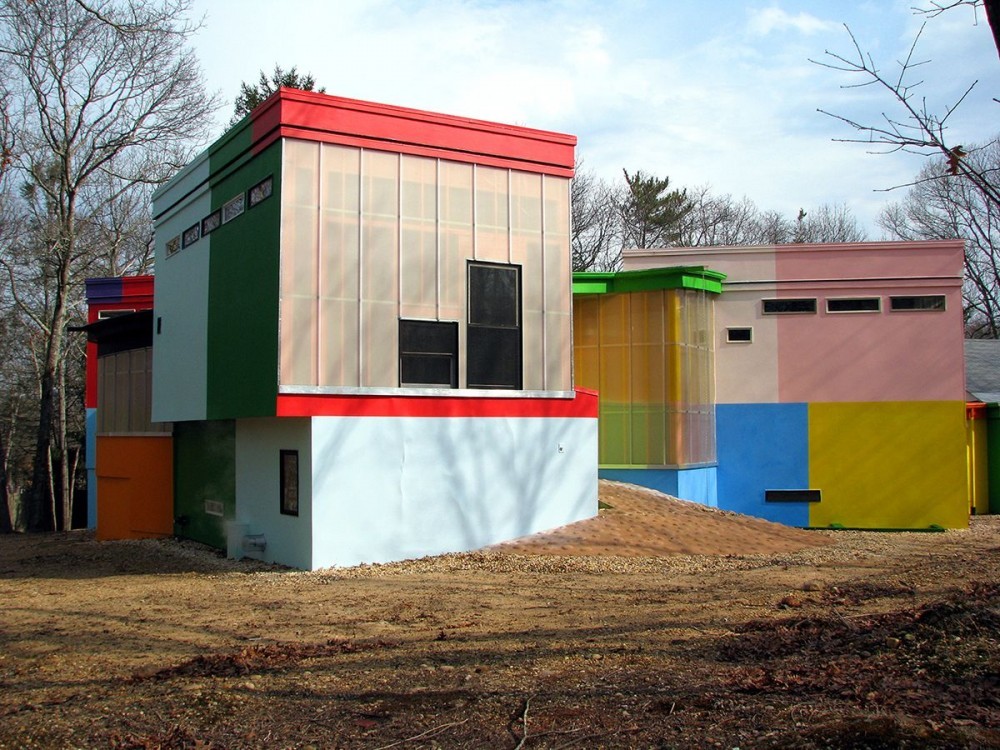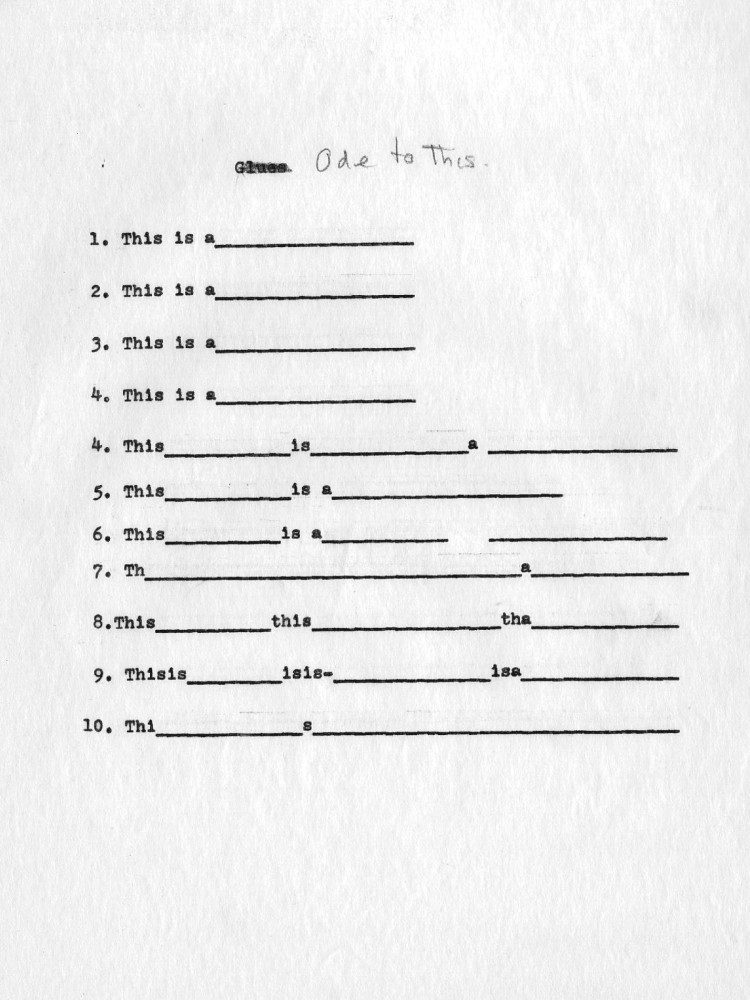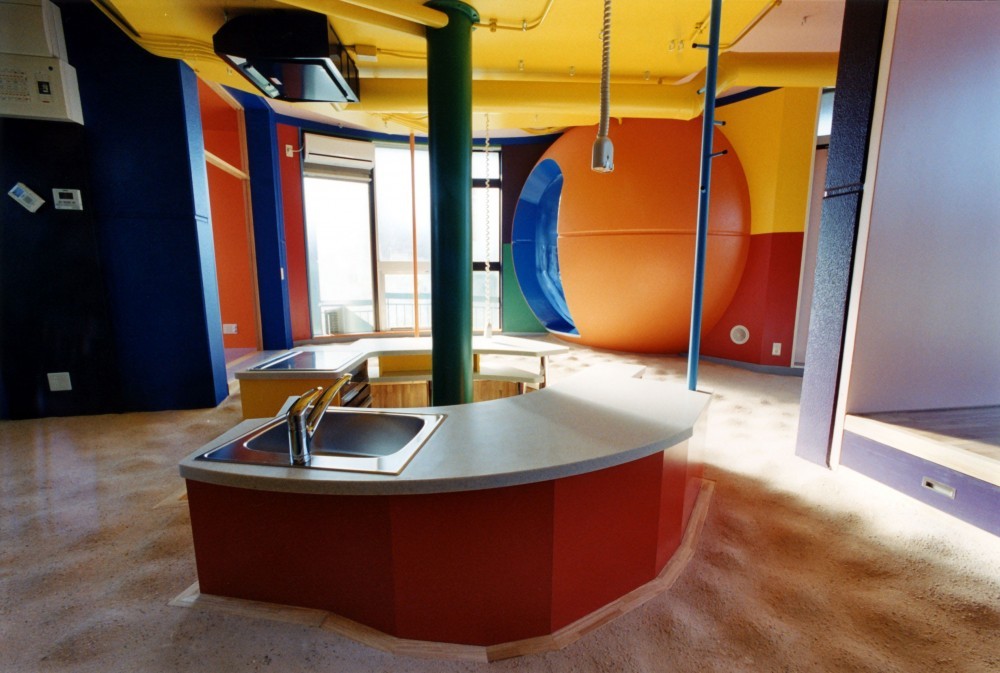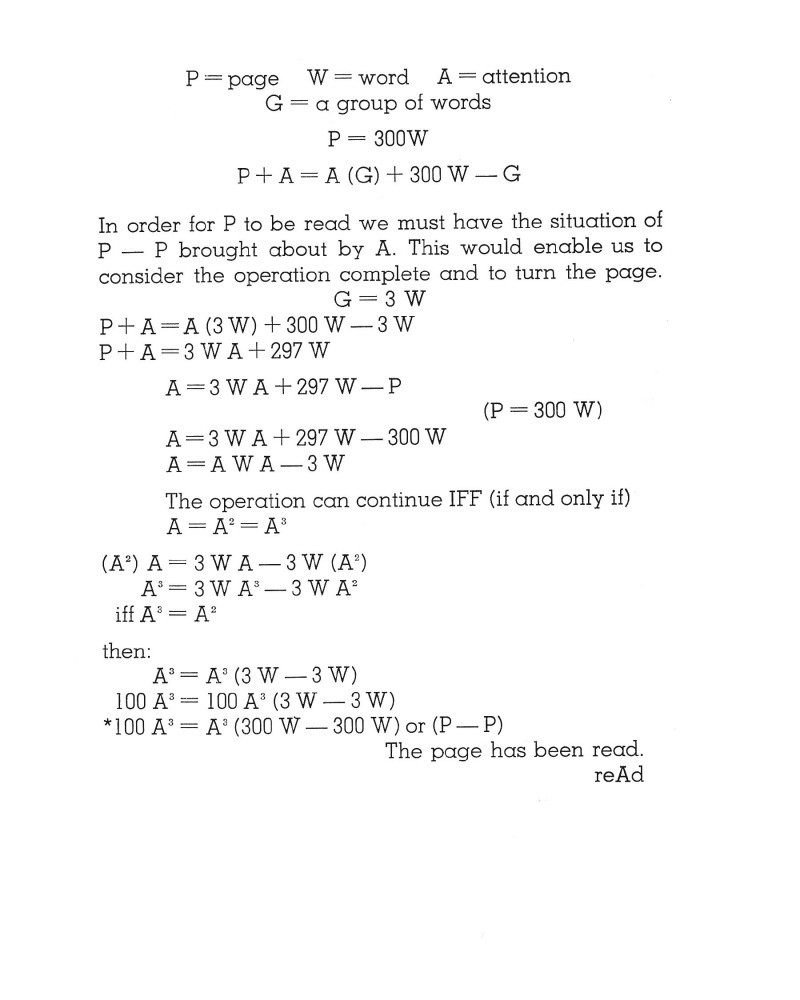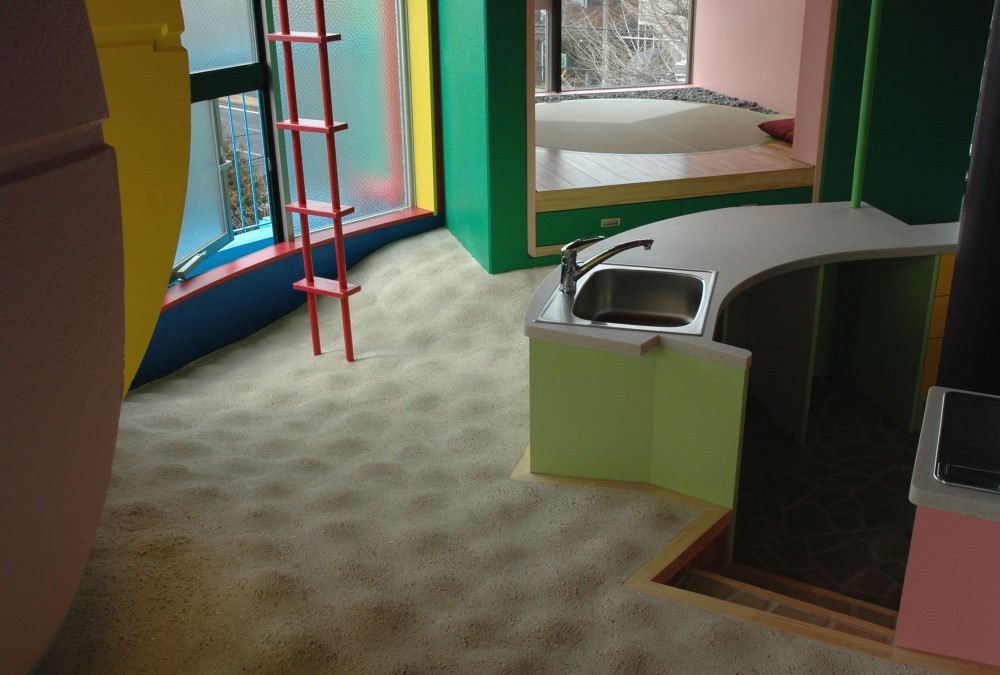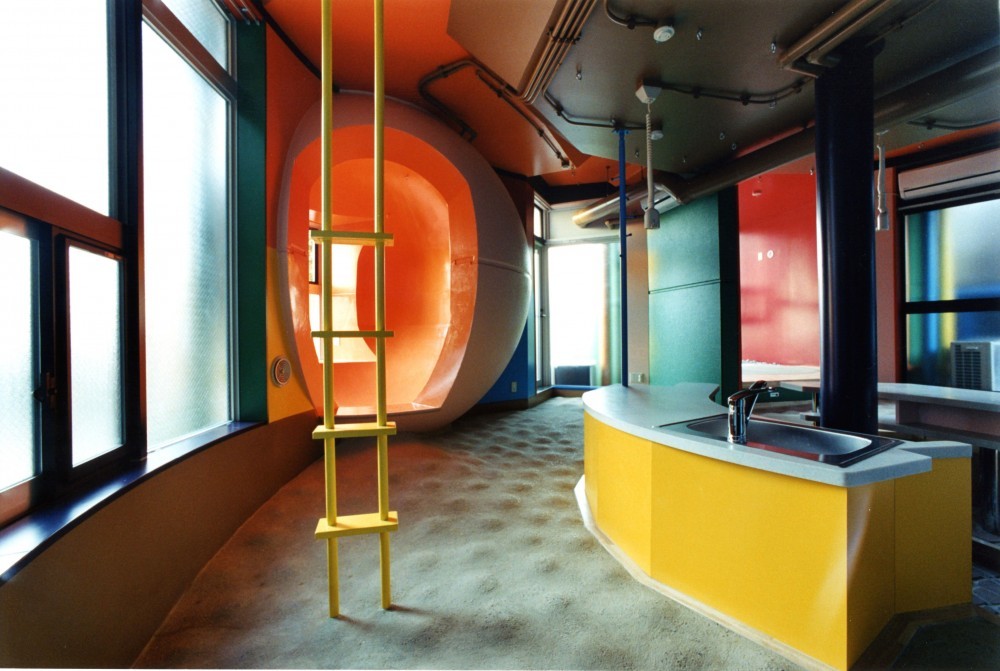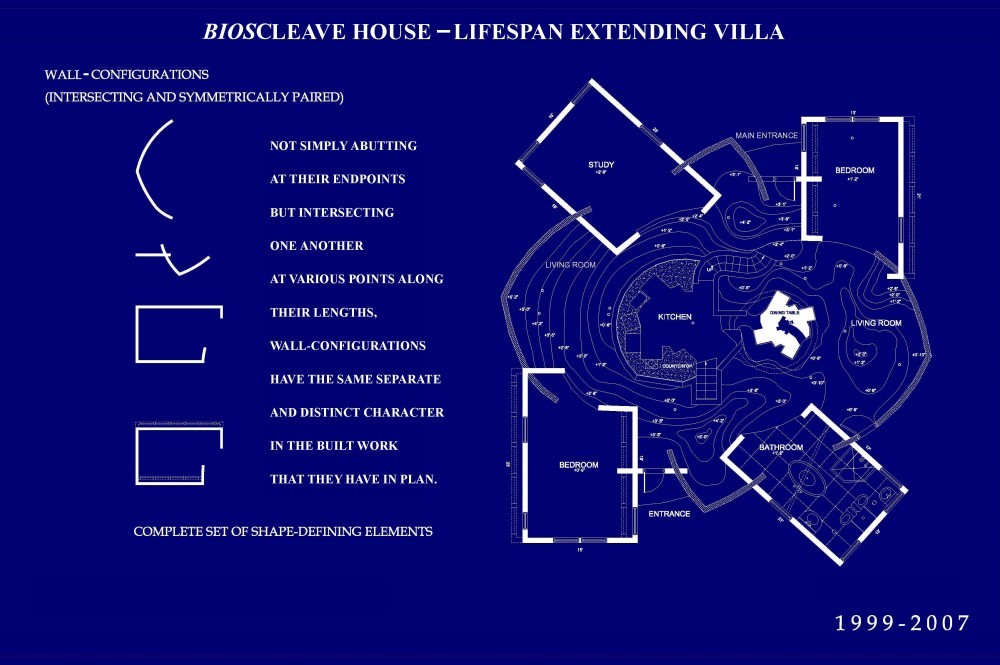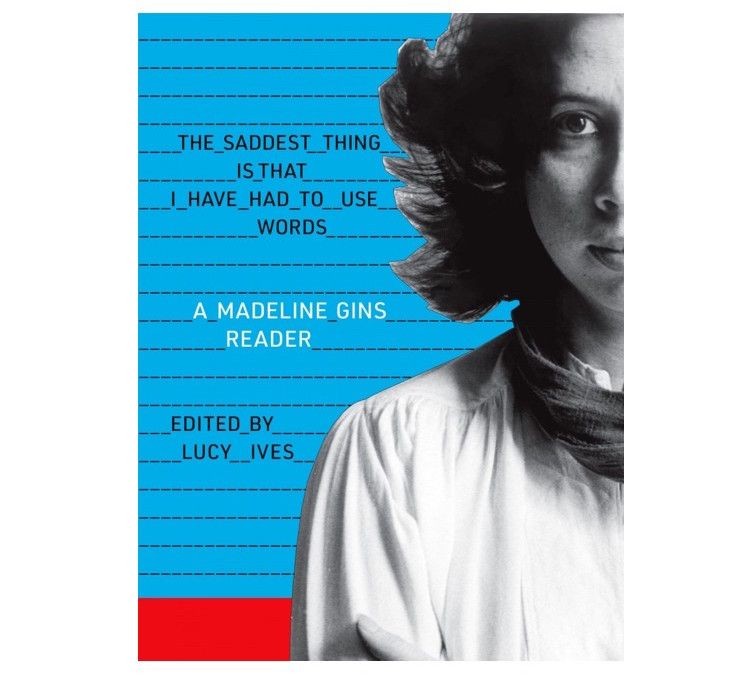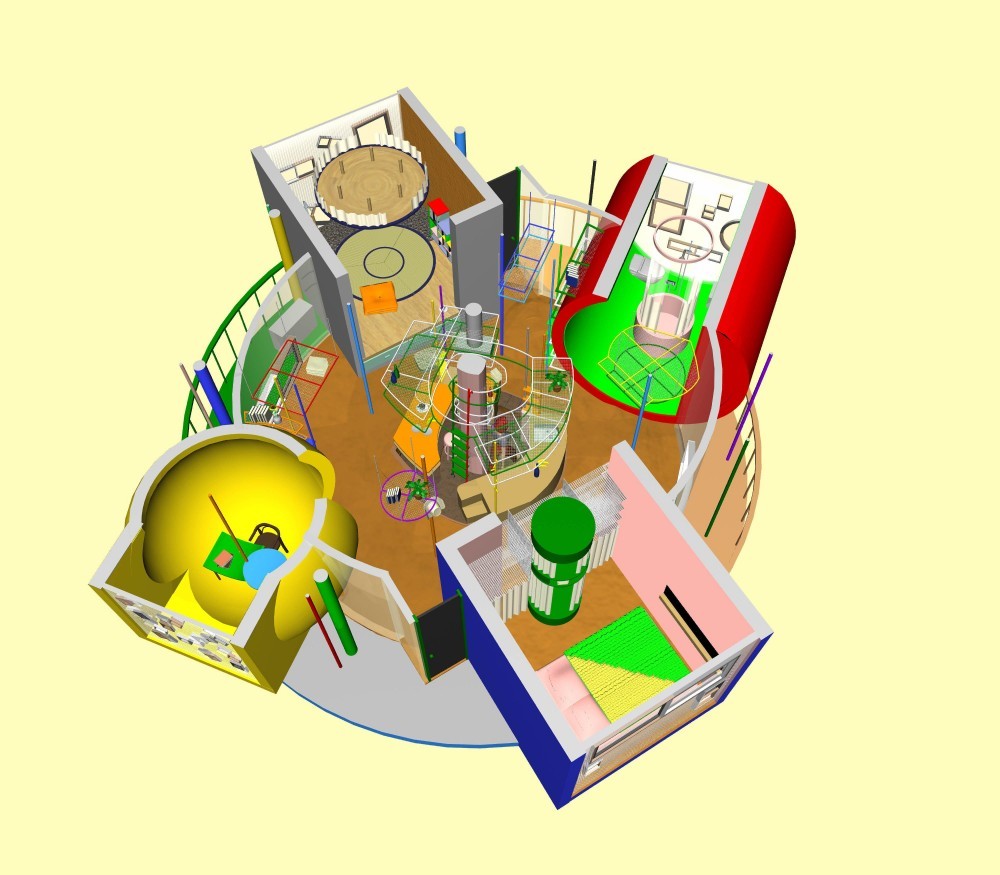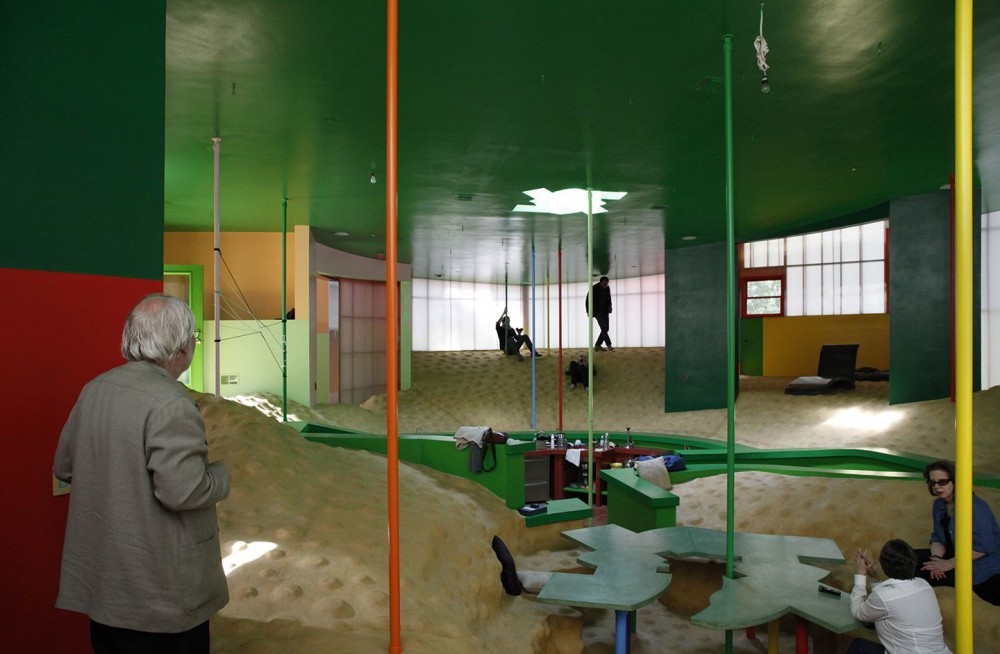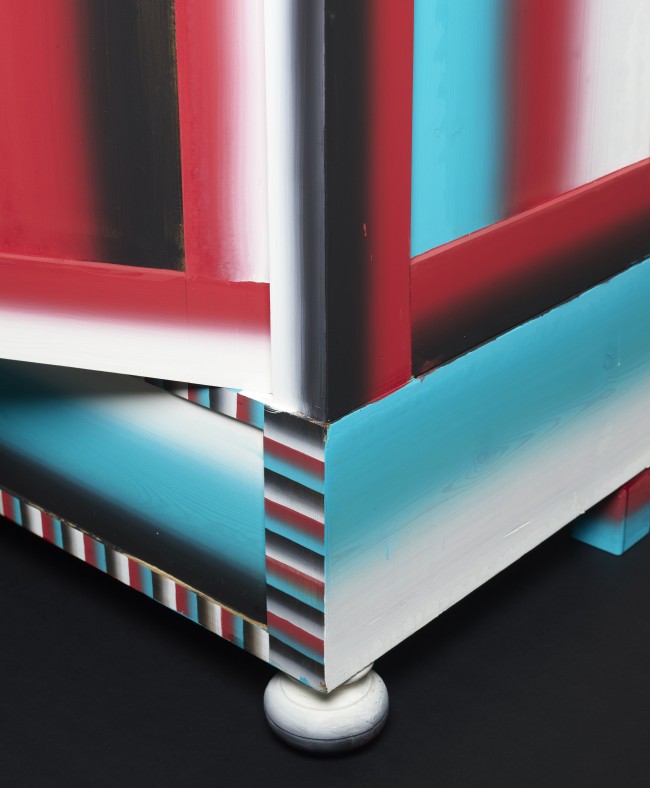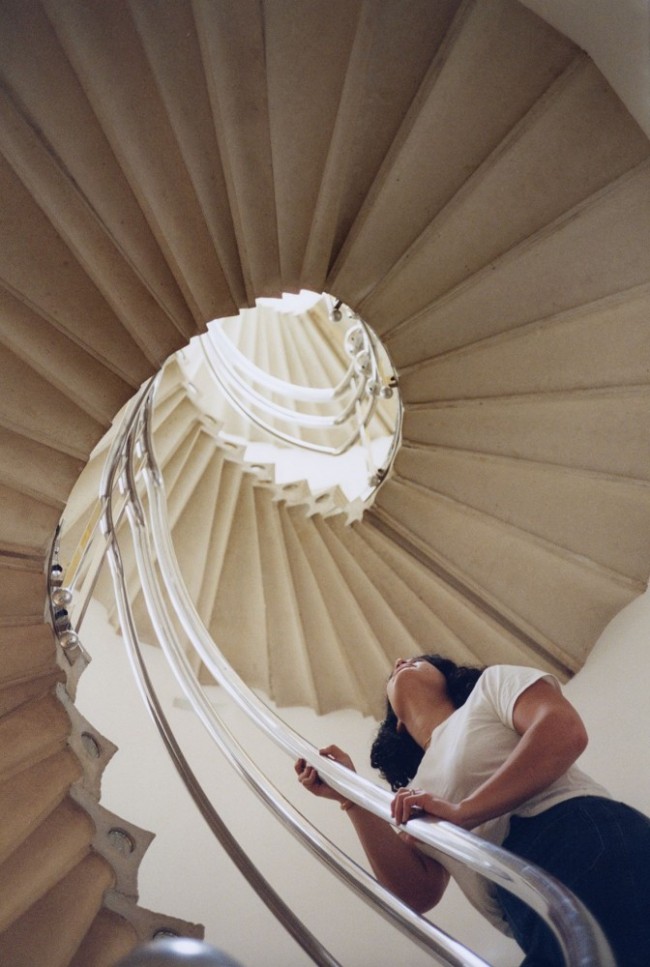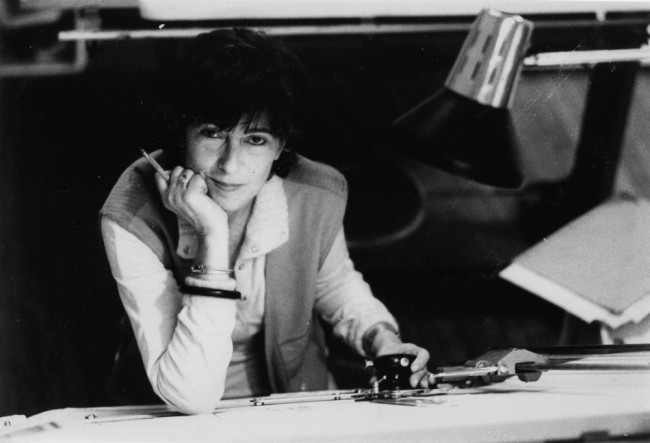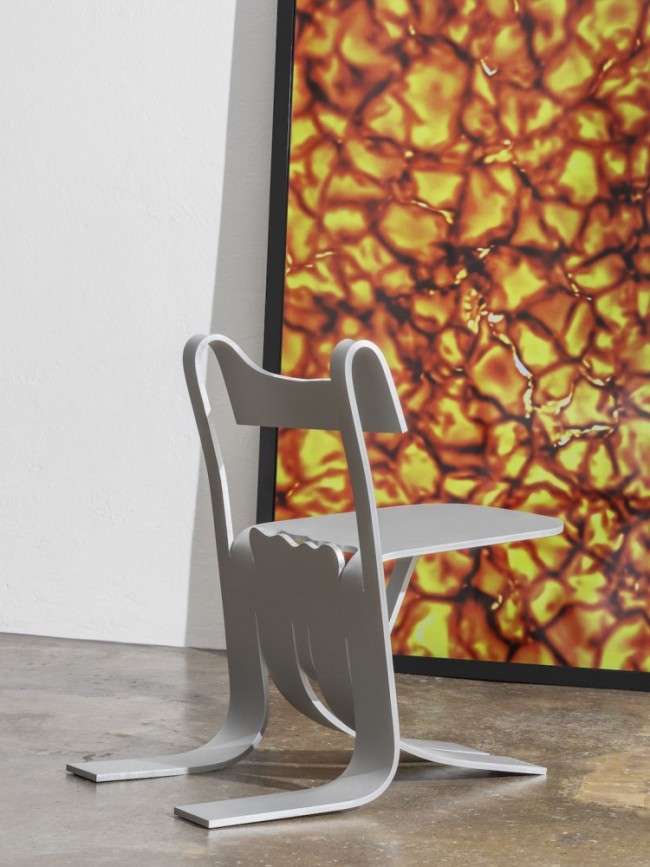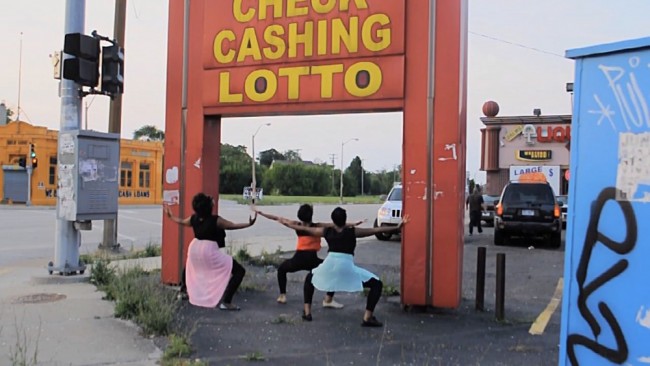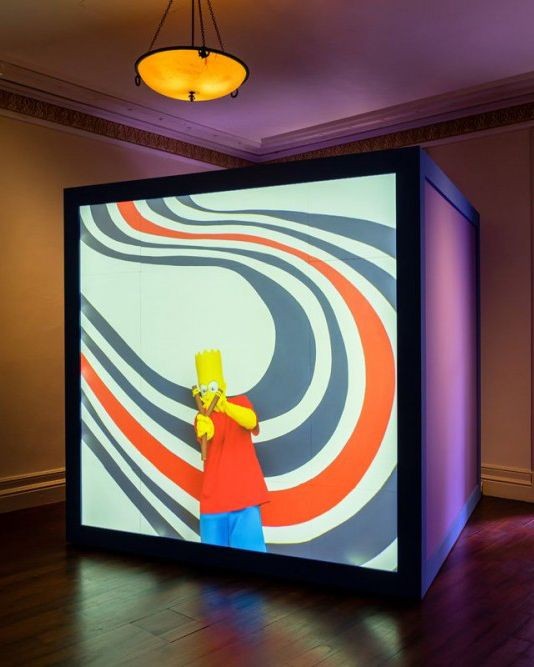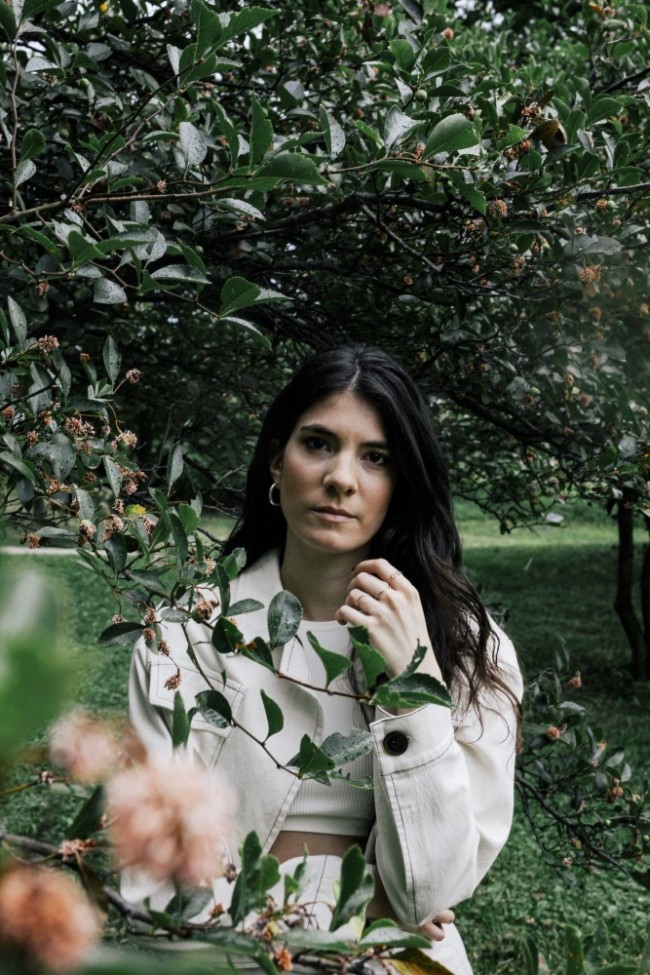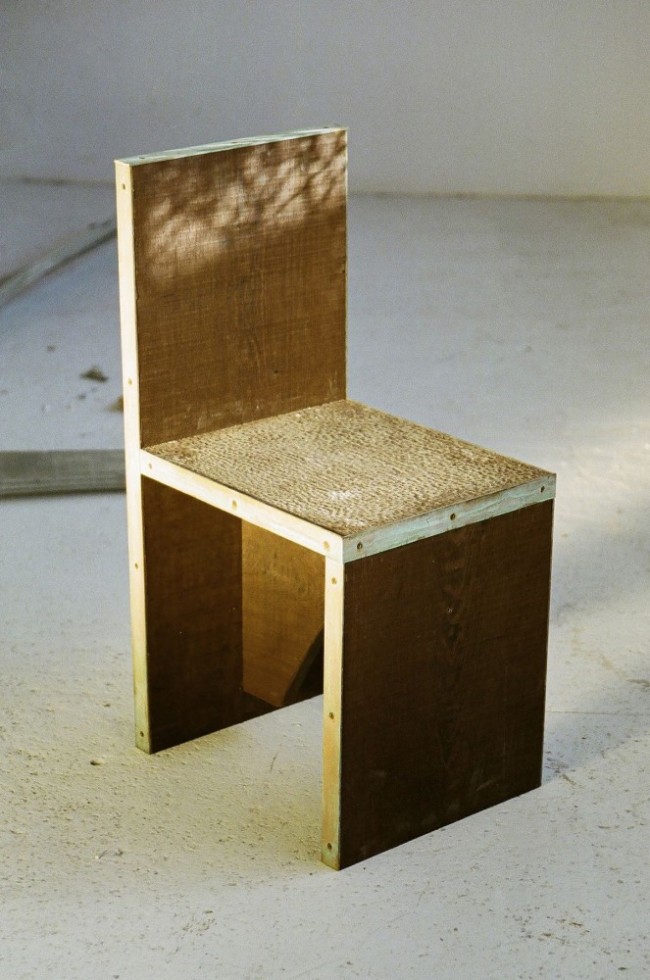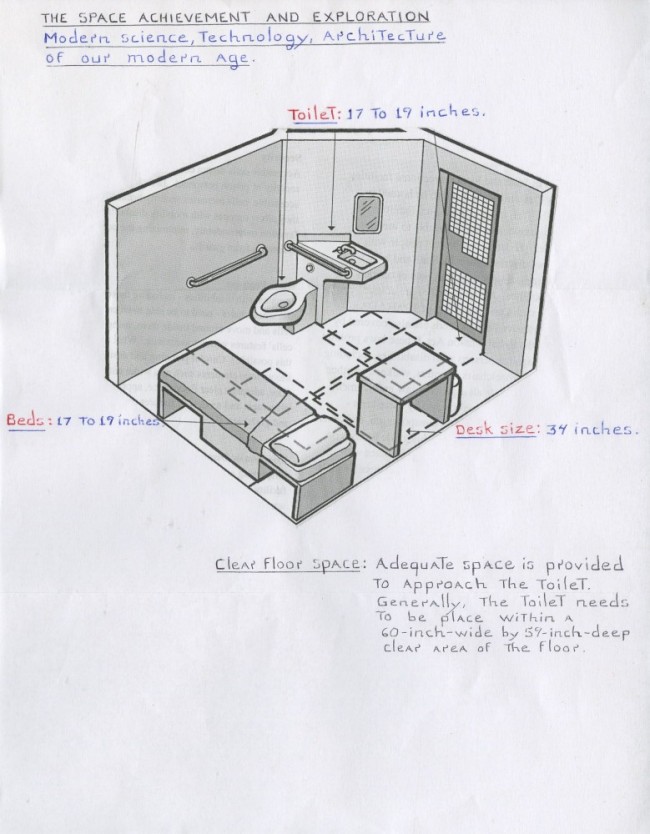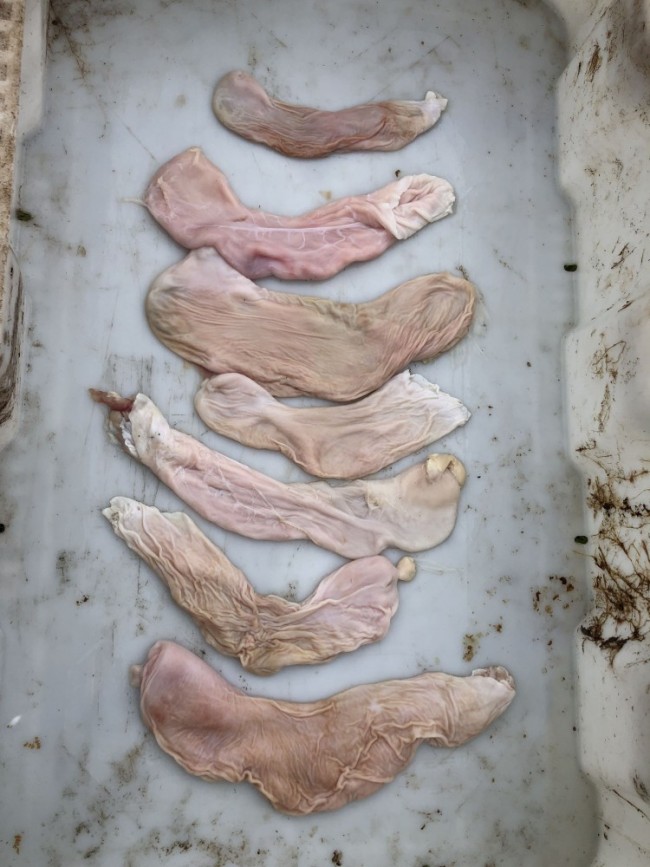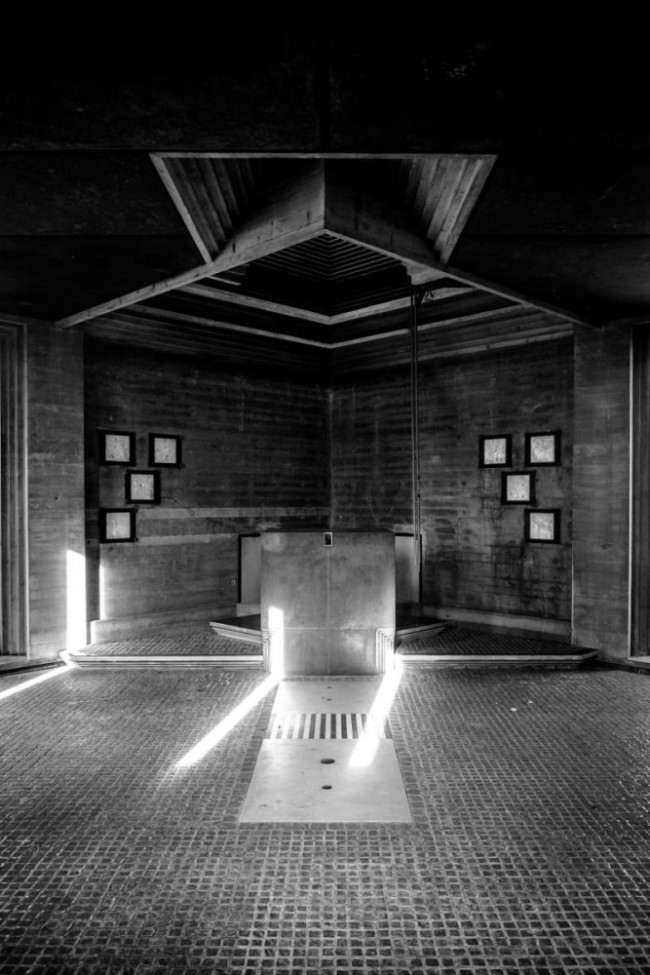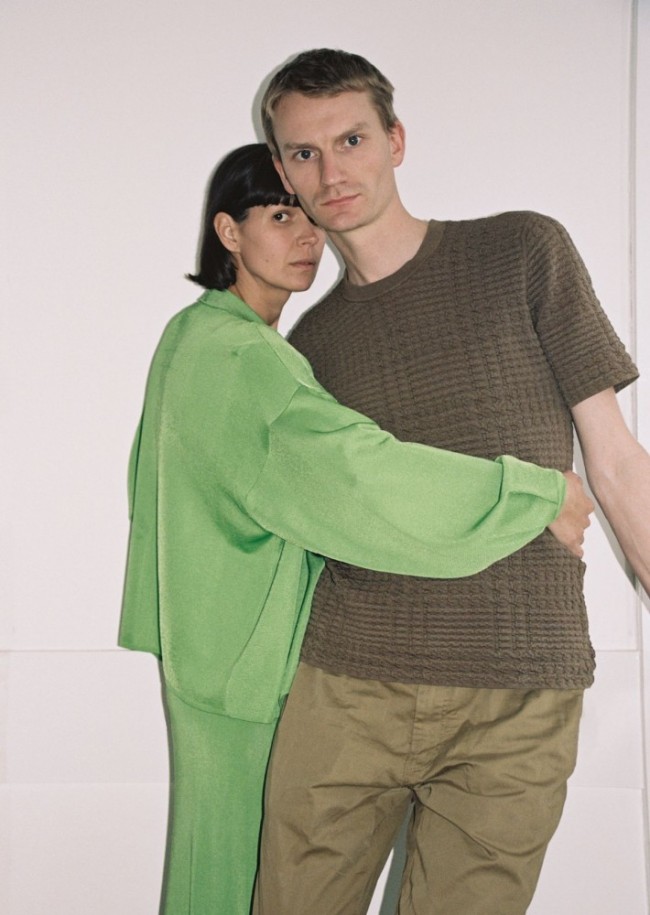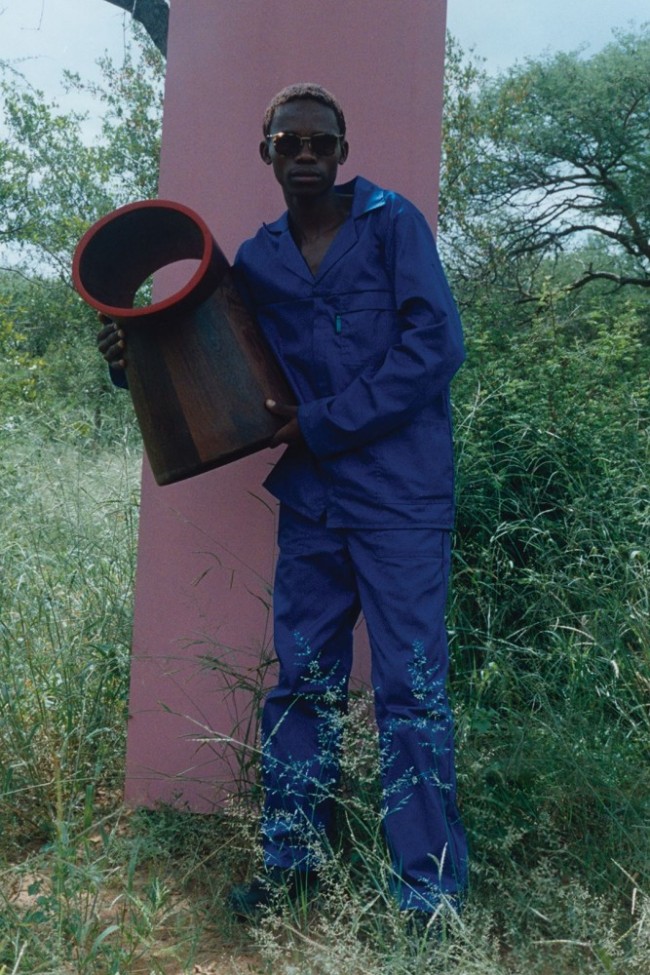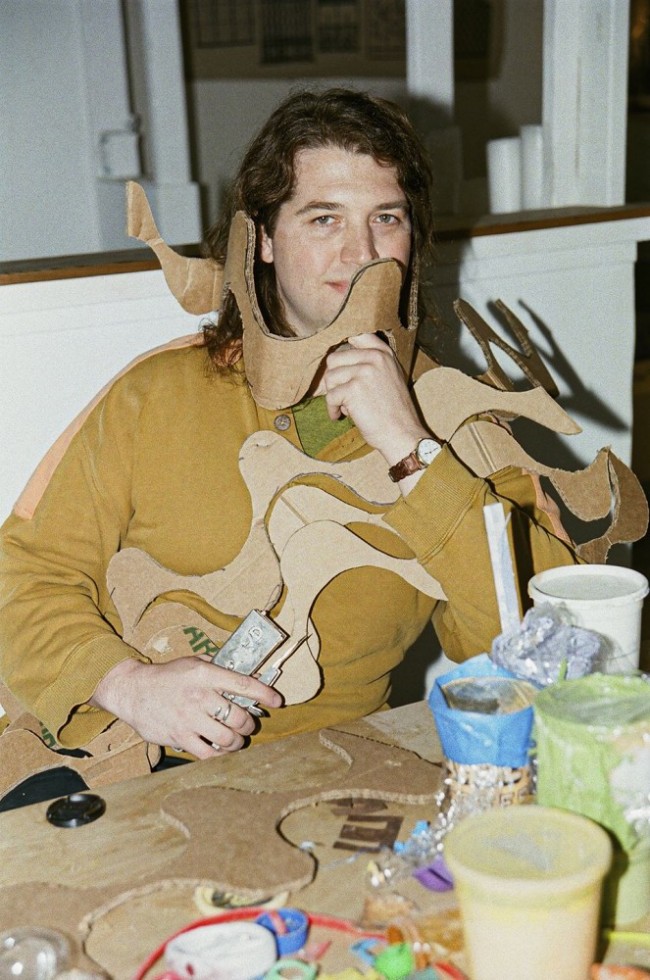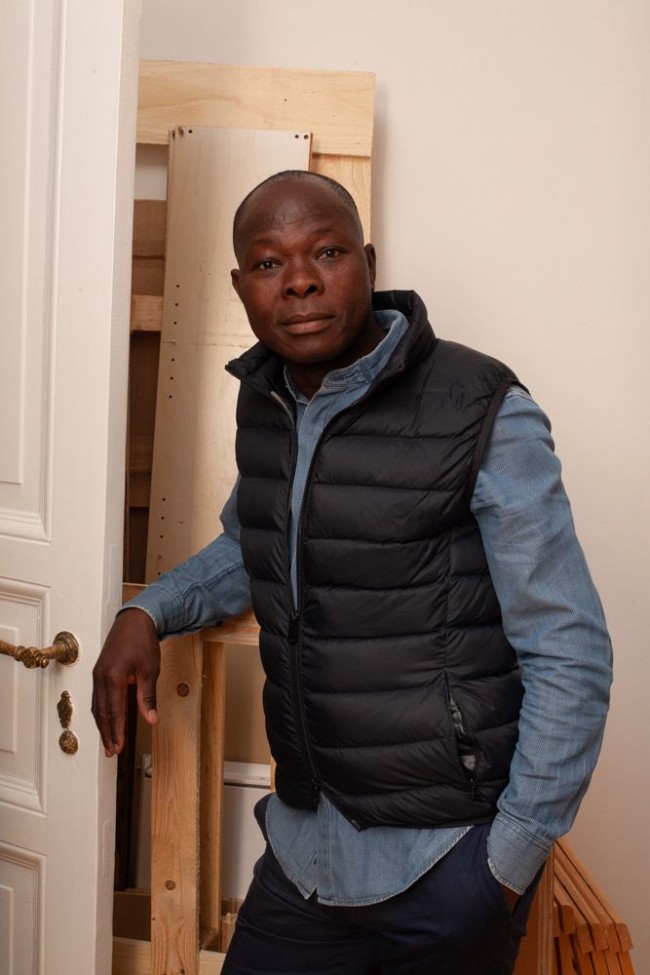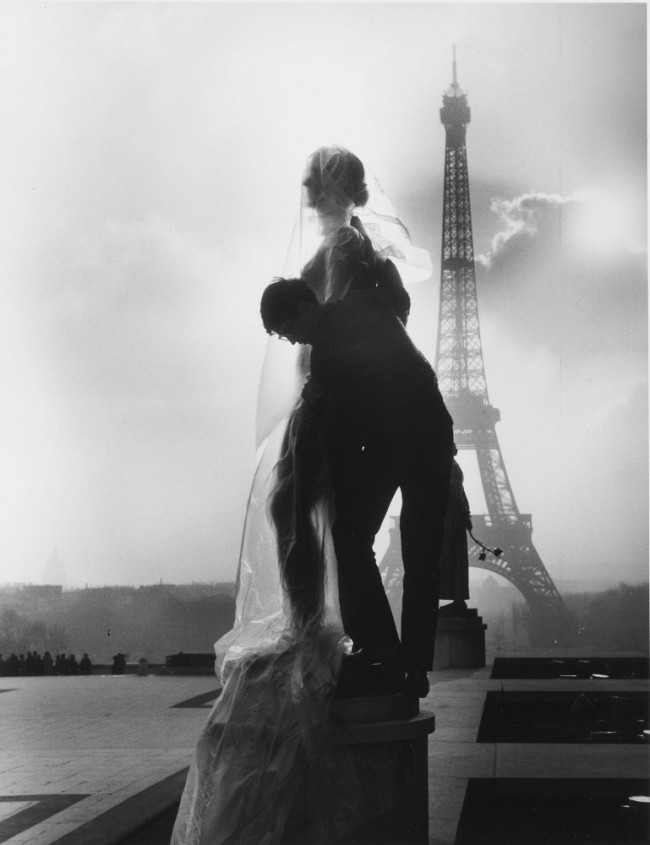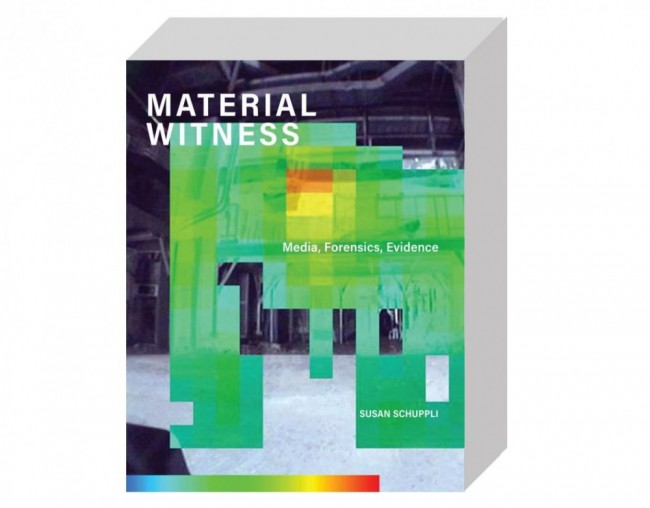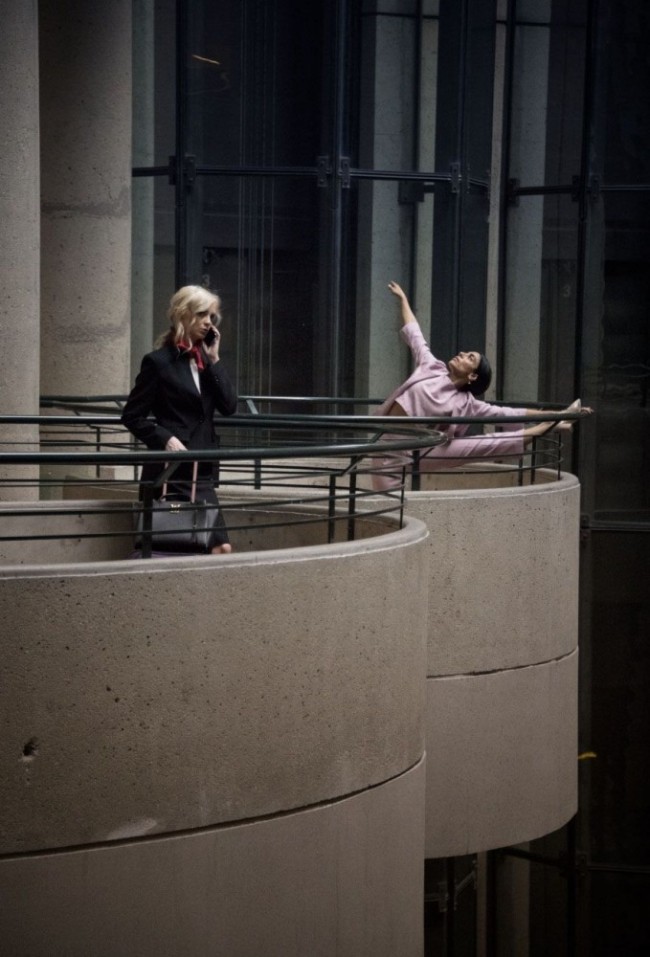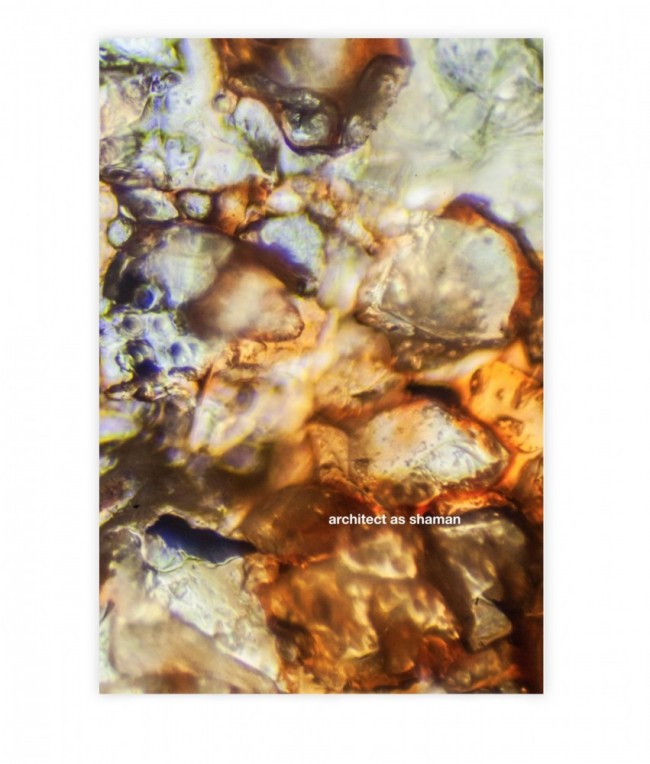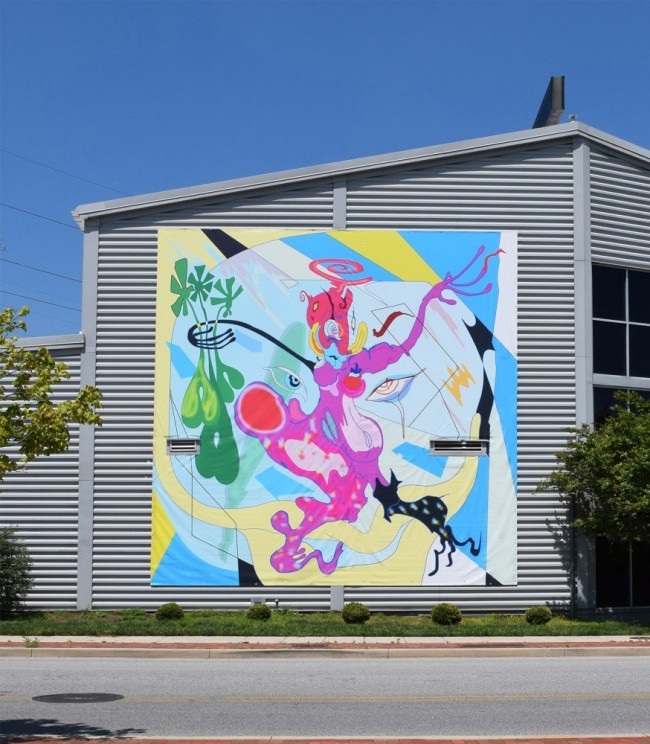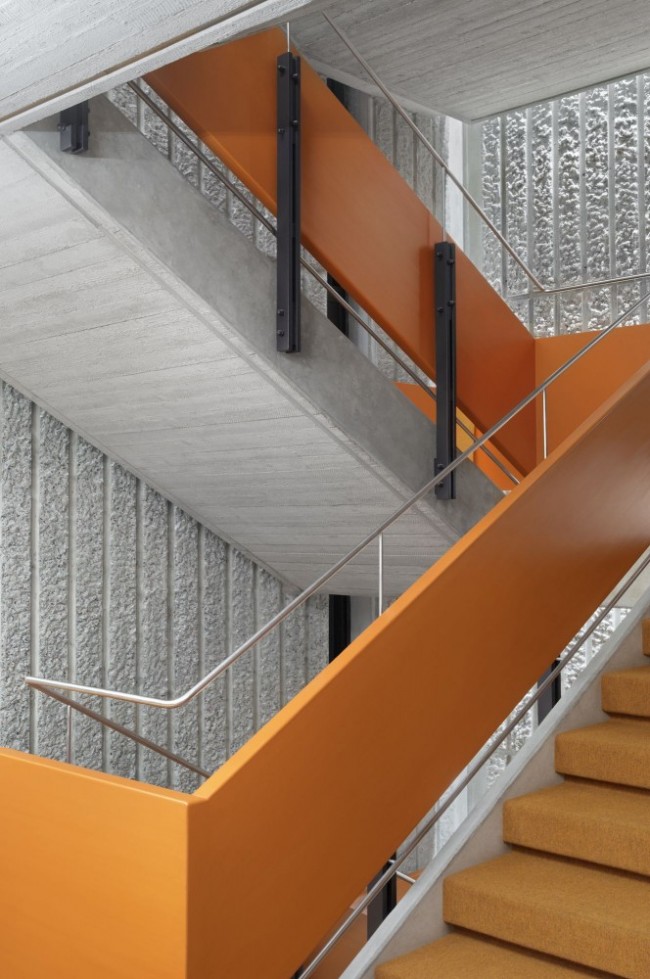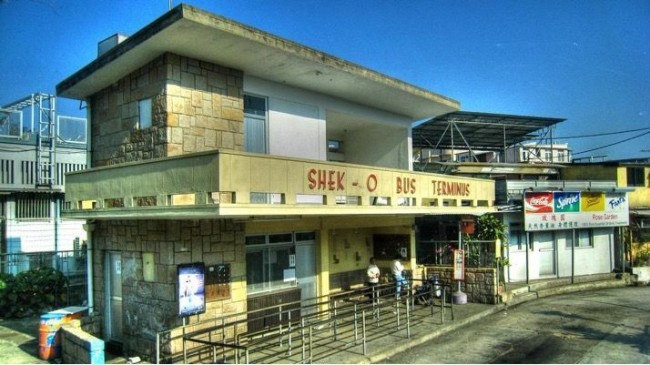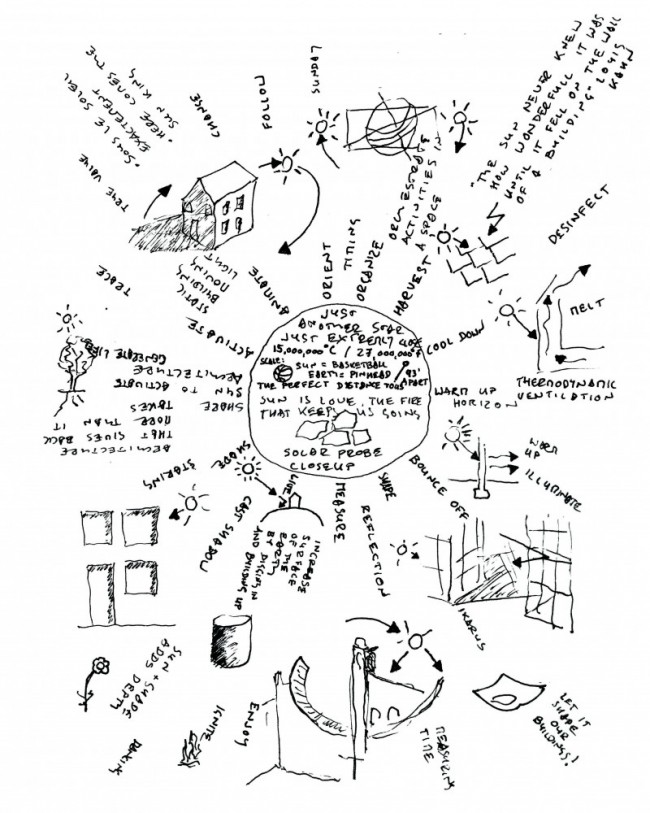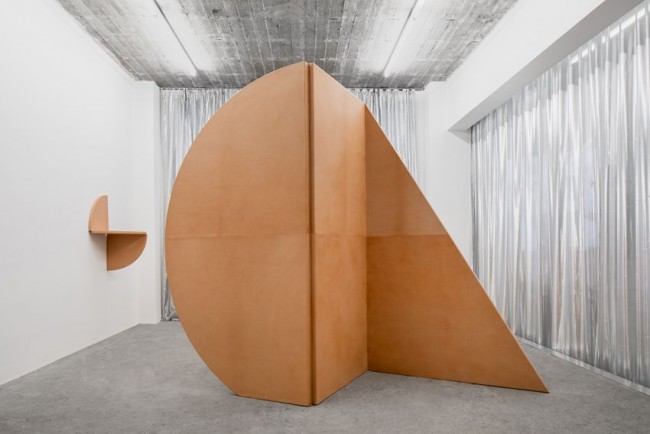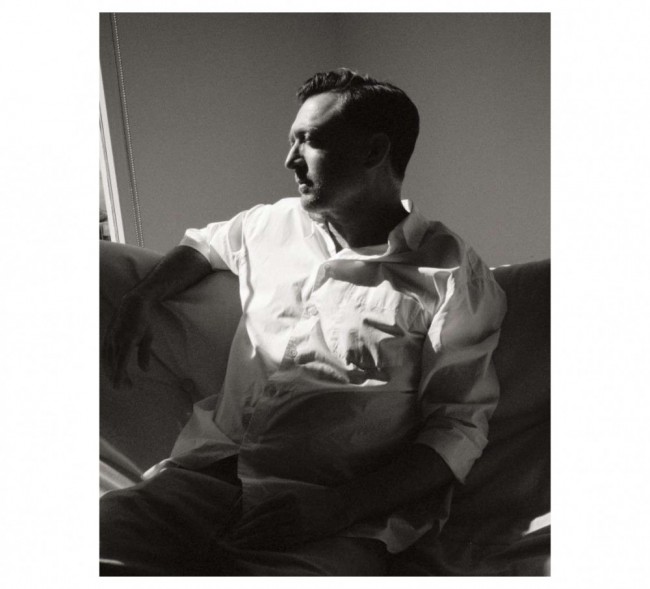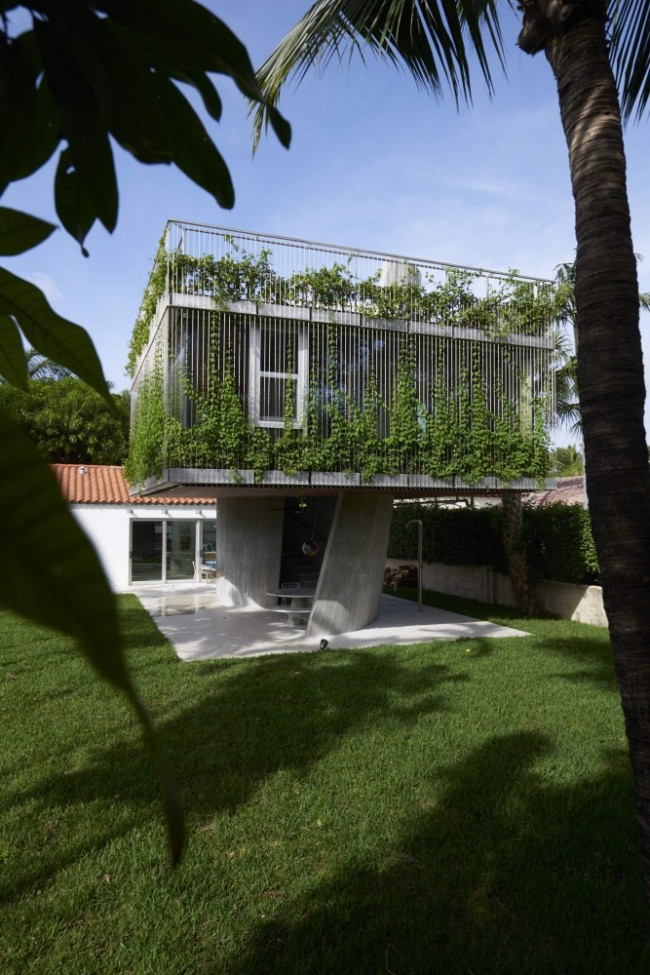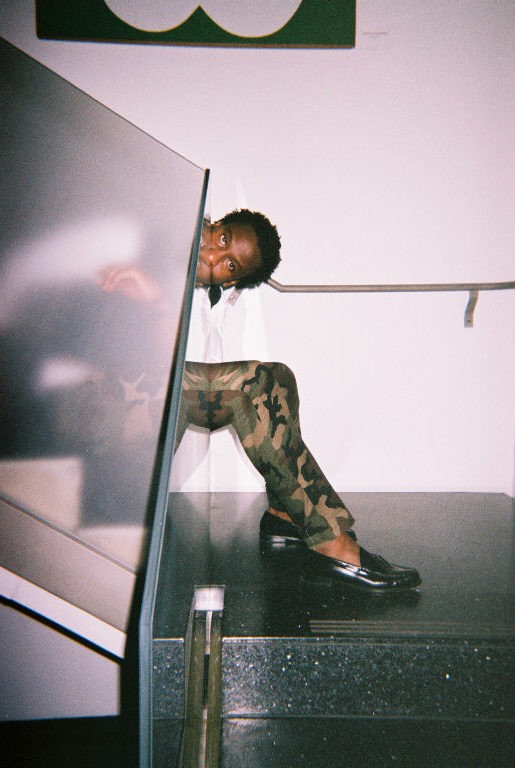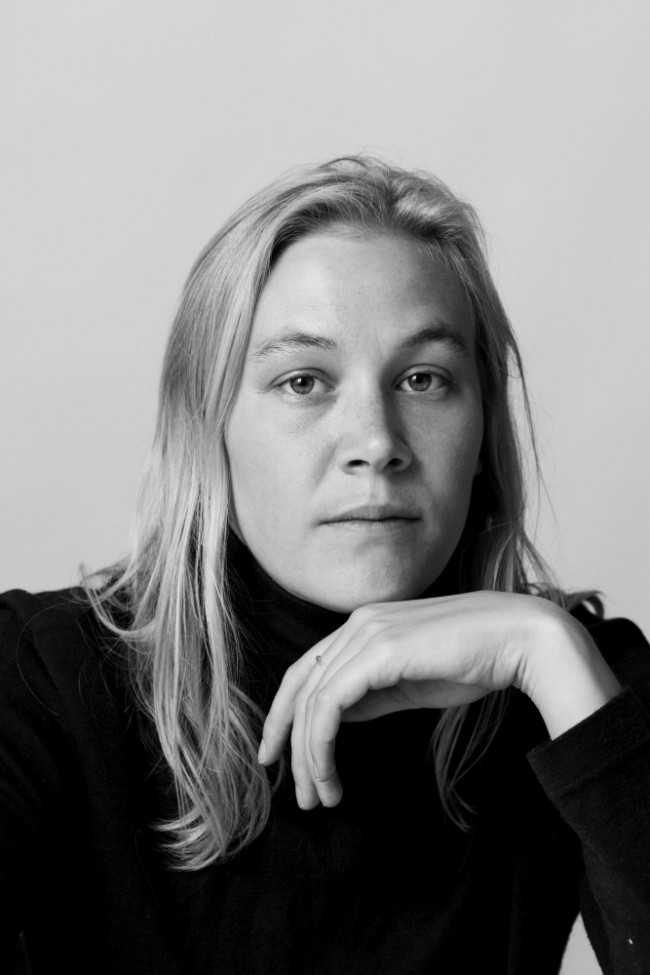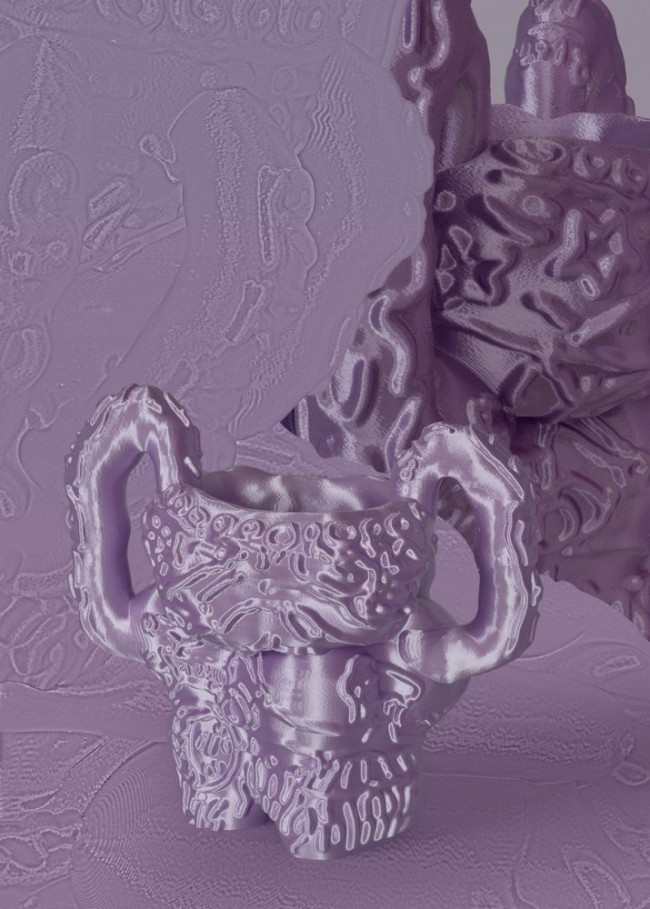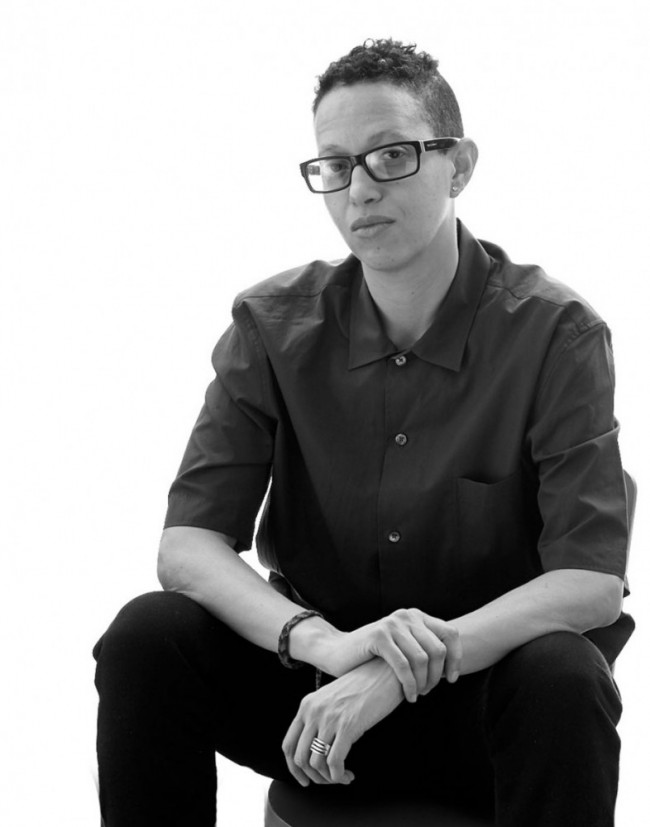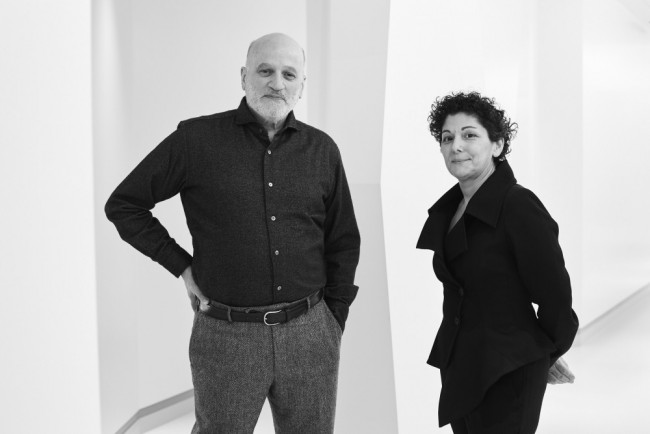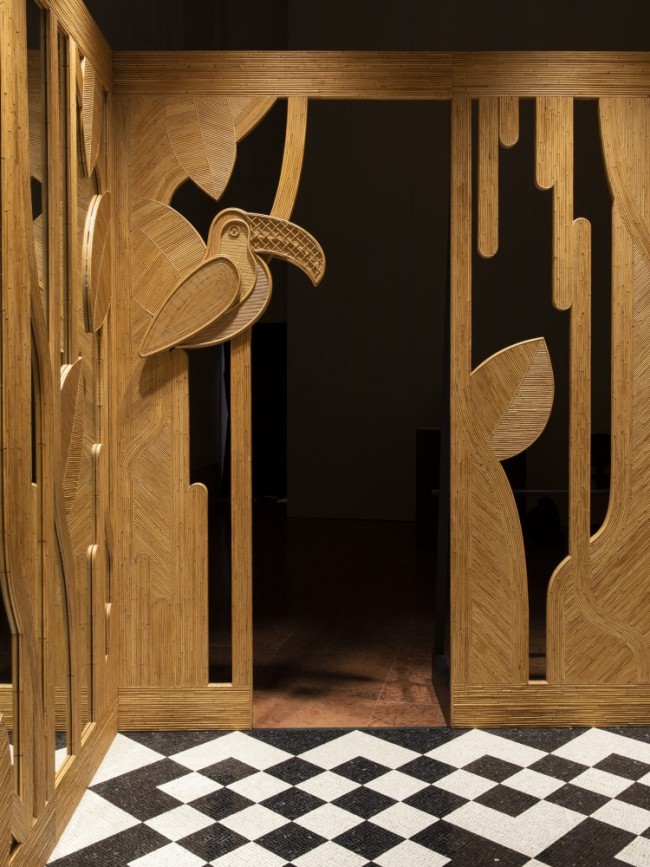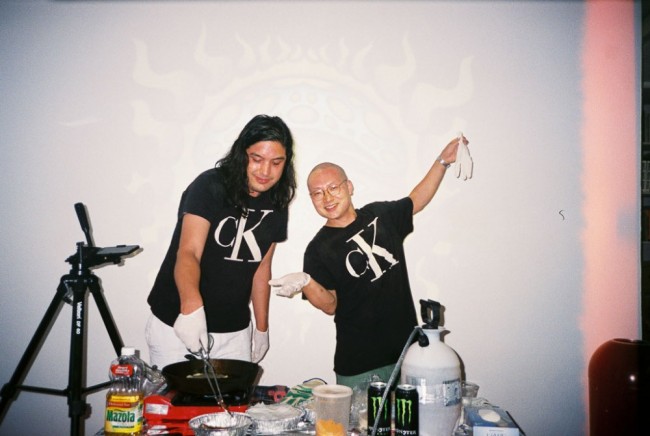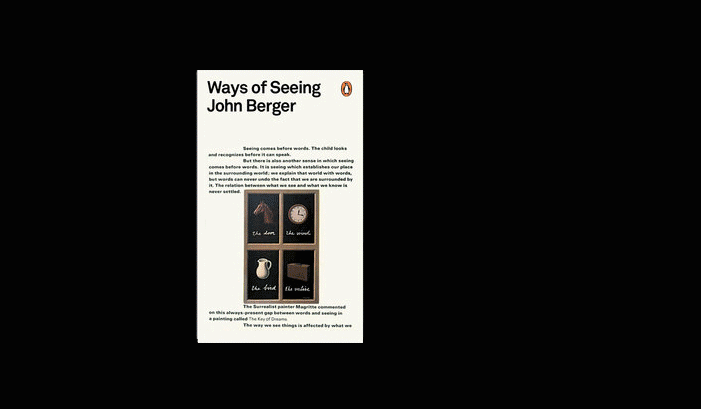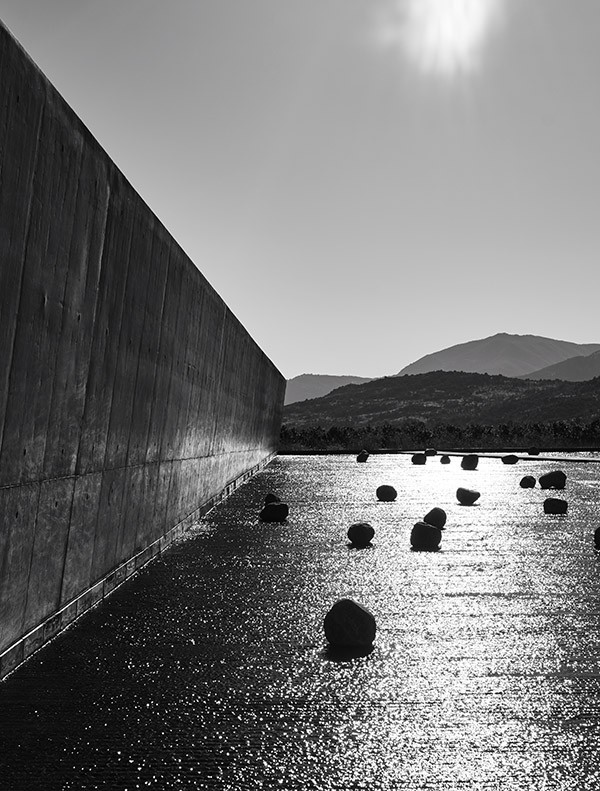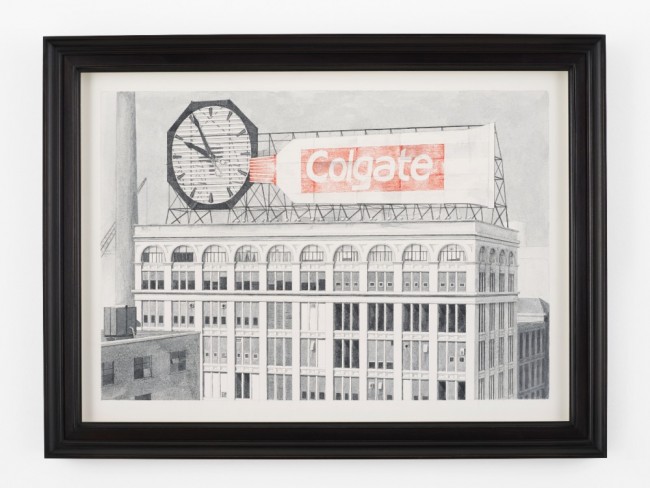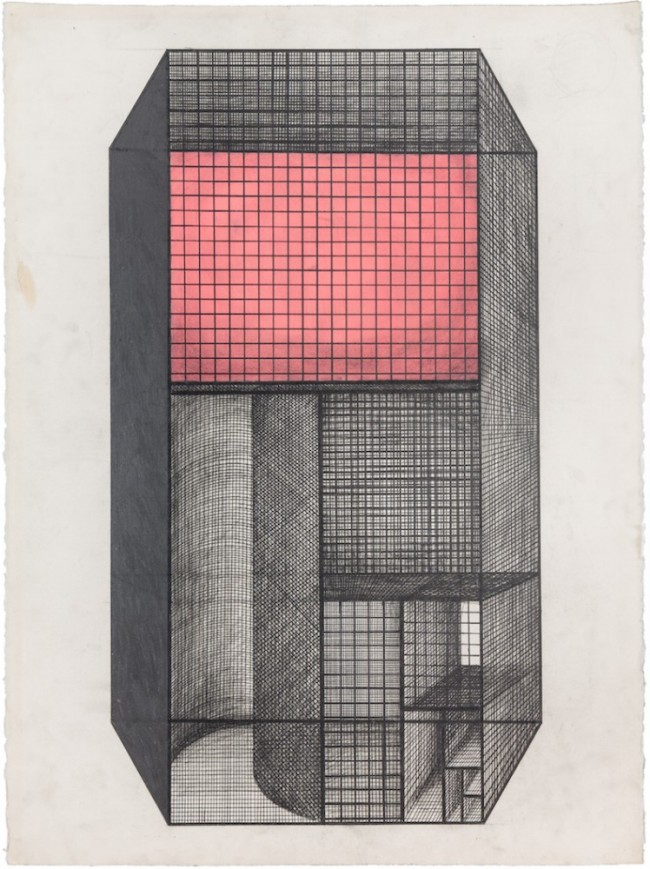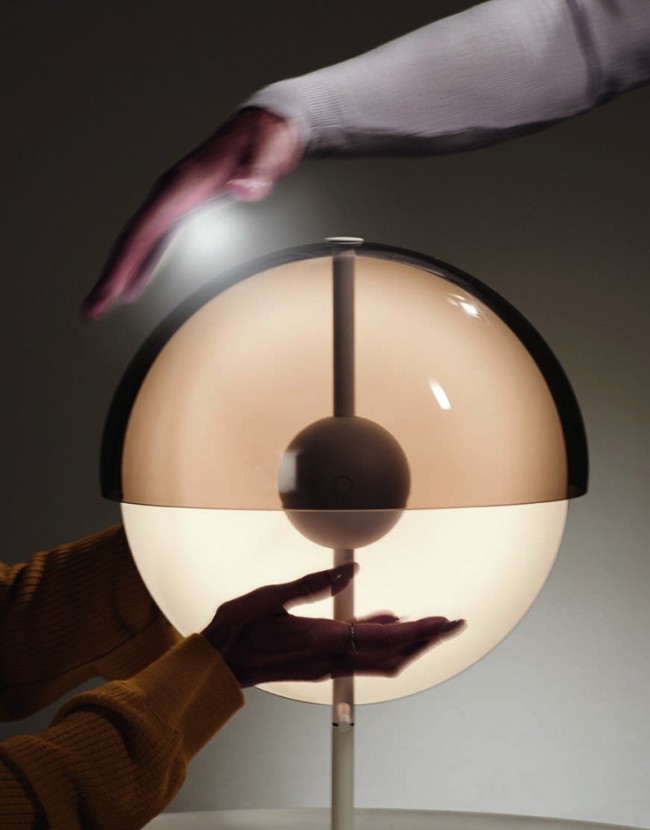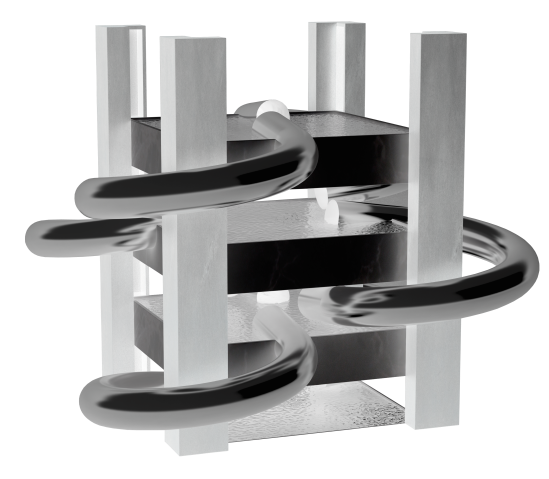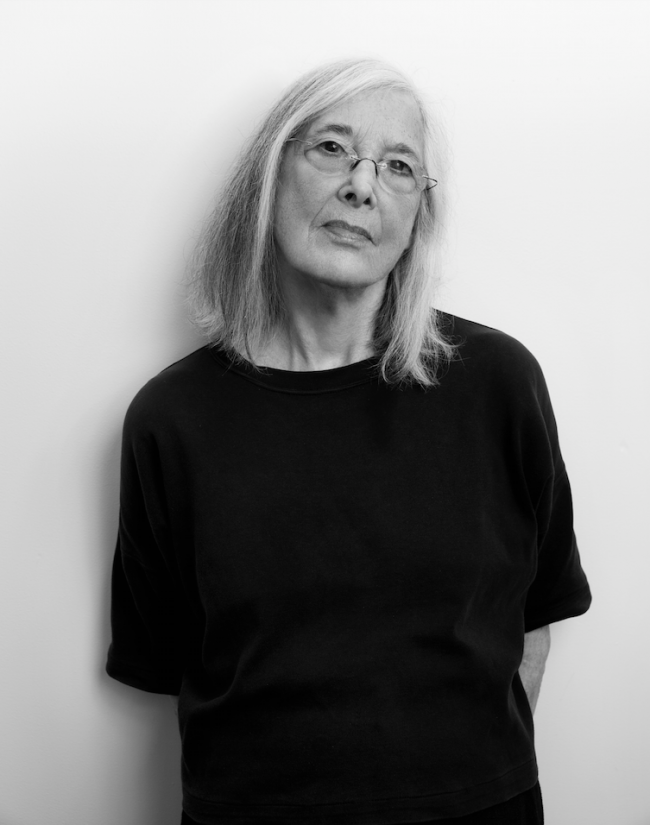BOOK CLUB: Madeline Gins and the Phenomenological Experience of Writing
In the fall of 1969, the architect-artist-poet-philosopher Madeline Gins published WORD RAIN. The novel is ostensibly about an unnamed narrator tasked with reading over a manuscript at a friend’s house, where a party is ongoing. Using its plot as a proxy, the text sets about dismantling the boundaries between narrator and reader, reading and feeling, reading and thinking, reading and the weather. Everything becomes sticky, sensitive, and sentient; in Gins’s world, to read is to become atmospheric — words pass through you and shimmer in a mist of meaning.

Arakawa and Madeline Gins, Bioscleave House (Lifespan Extending Villa) Set of Shape Defining Elements, 2006, digital rendering. © 2010 Estate of Madeline Gins. Reproduced with permission of the Estate of Madeline Gins. Courtesy of Reversible Destiny Foundation.
The full book appears in The Saddest Thing Is That I Have Had to Use Words (2020), a Madeline Gins reader edited by Lucy Ives and published by Siglio Press. Released into the world as it ground to a halt in lockdown, it’s somehow a fitting context for the late Gins, who continues to be known in architecture and non-architecture circles alike for The Reversible Destiny Foundation (est. 2010), a collaborative speculative architecture project pursuing immortality that she developed with her life and work partner Arakawa. Up in East Hampton and on the outskirts of Tokyo, the duo’s dreams of an architecture that could out-design death have materialized in the form of candy-colored domestic dreamscapes that challenge their residents with cavernous kitchens, climbable walls, and pod-shaped loos. To navigate the home is to be kept forever on one’s toes. By remaining in a perpetual state of flight, Gins and Arkawa believed, one could dodge death.
-

Arakawa and Madeline Gins, Reversible Destiny Lofts Mitaka—In Memory of Helen Keller, interior, 2005, Mitaka, Tokyo, Japan. Photo by Toshi Ando. © 2005 Estate of Madeline Gins. Reproduced with permission of the Estate of Madeline Gins.
-

Arakawa and Madeline Gins, Reversible Destiny Lofts Mitaka—In Memory of Helen Keller, interior, 2005, Mitaka, Tokyo, Japan. Photo by Masataka Nakano. © 2005 Estate of Madeline Gins. Reproduced with permission of the Estate of Madeline Gins.
But long before any of these ideas sunk into an architectural language, Madeline Gins was an artist and writer obsessed with the phenomenological experience of writing — both in the intimate experience of reading as much as its capacity to serve as a social art form. A succinct but graceful introduction by Ives locates Gins perfectly in that heady post-war art scene of New York, where a new avant-garde “began to bypass the standard practices of the Manhattan gallery system in favor of discursive modes of circulation.” And in this context, collaborating with the late, great Vito Acconci, running alongside the likes of Adrian Piper, drawing upon the work of Max Ernst, Gertrude Stein, Vladimir Nabokov, and many other artist-writers, Gins, who studied physics and Eastern philosophy and later painting, conjured a relationship with words that’d last her lifetime.

Arakawa and Madeline Gins, Reversible Destiny Lofts Mitaka—In Memory of Helen Keller, interior, 2005, Mitaka, Tokyo, Japan. Photo by Masataka Nakano. © 2005 Estate of Madeline Gins. Reproduced with permission of the Estate of Madeline Gins.
The reader, which just clears 300 pages, offers a curated selection of Gins’s work, pulled from the Reversible Destiny Foundation’s archives. First up is Transformatory Power: Poems from the 1960s and 70s, a collection of 18 short works bristling with Gins’s characteristic sense of ecstatic word-bending and play. It’s here we first encounter her fondness for lists and feelings-algebra (“TORTURED CLAMS PLUS RUBBER SPARKS,” says one poem, “THE SHRIEKS FROM A BISECTED PLANE,” “I LOVE YOU WITH THE WRAITH OF ASYMPTOMATIC BREATH,” say another and another). Following this are two early essays, then the mighty WORD RAIN, which I can only really describe as the literary equivalent of being onboard a fairground Gravitron. This is followed by my favorite work in the collection: What the President will say and do!!, and finally, it wraps up with the essay Helen Keller or Arakawa.

Cover of The Saddest Thing Is That I Have Had to Use Words: A Madeline Gins Reader, edited by Lucy Ives (Siglio, 2020).
What the President will say and do!! was published in 1984, so there’s no way Gins could’ve foreseen what the President is saying and doing in 2020, but some of the mantras offered up in the first half of the text feel particularly familiar. “TURN ALL BLEMISHES INTO MICRODOTS OF POLITICAL TREATISES!” “COLLECT BOTTOMS NON-DISCRIMINATORILY,” “SKIP A FEW DAYS TO LOOSEN THE FLOW OF HISTORY!” — the last one something you’d imagine printed on the next MAGA cap worn to quarantine golf at Mar-a-Lago. In the second half of the text, she takes these sound bites and integrates them into two different short stories about “The President.” The words here become shapeshifters, taking on different meanings as their placement generates an infinite strain of new associations. “Memory is made up of gas shavings,” Gins declares in WORD RAIN. That most imperceptible form of matter is giddy, vibrating, reactive to an ever-changing set of conditions, especially the weather. In other words, it’s just like her writing.
-

Excerpt from WORD RAIN, reproduced in The Saddest Thing Is That I Have Had to Use Words: A Madeline Gins Reader (Siglio, 2020).
-
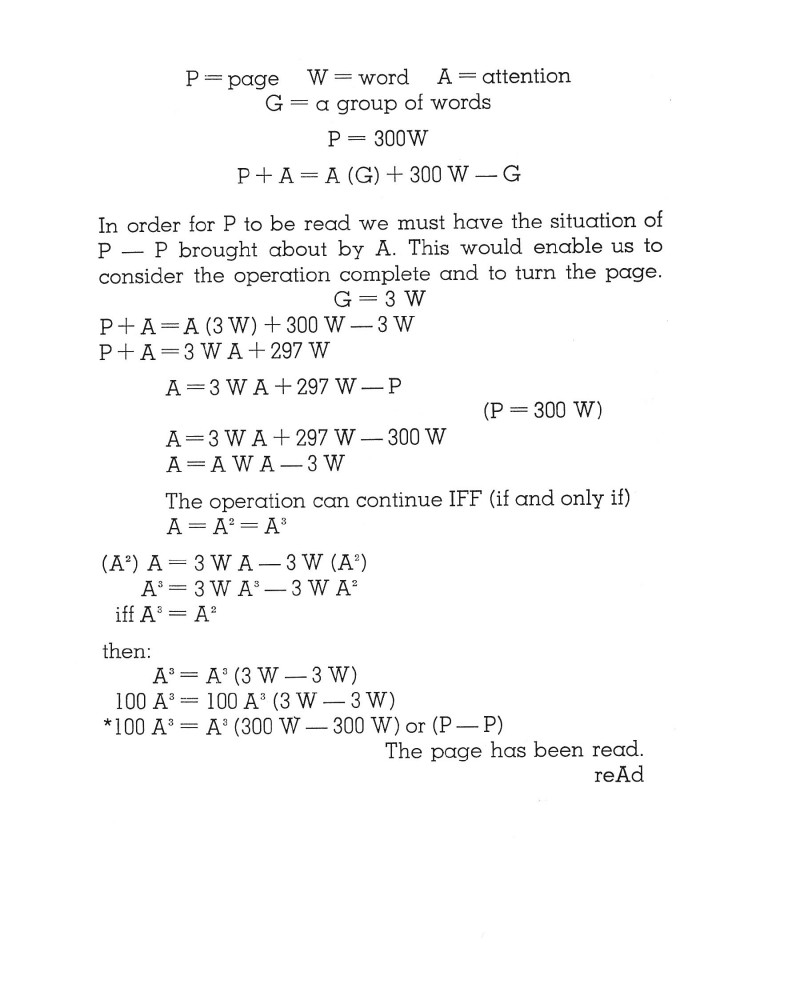
Excerpt from WORD RAIN, reproduced in The Saddest Thing Is That I Have Had to Use Words: A Madeline Gins Reader (Siglio, 2020).
-
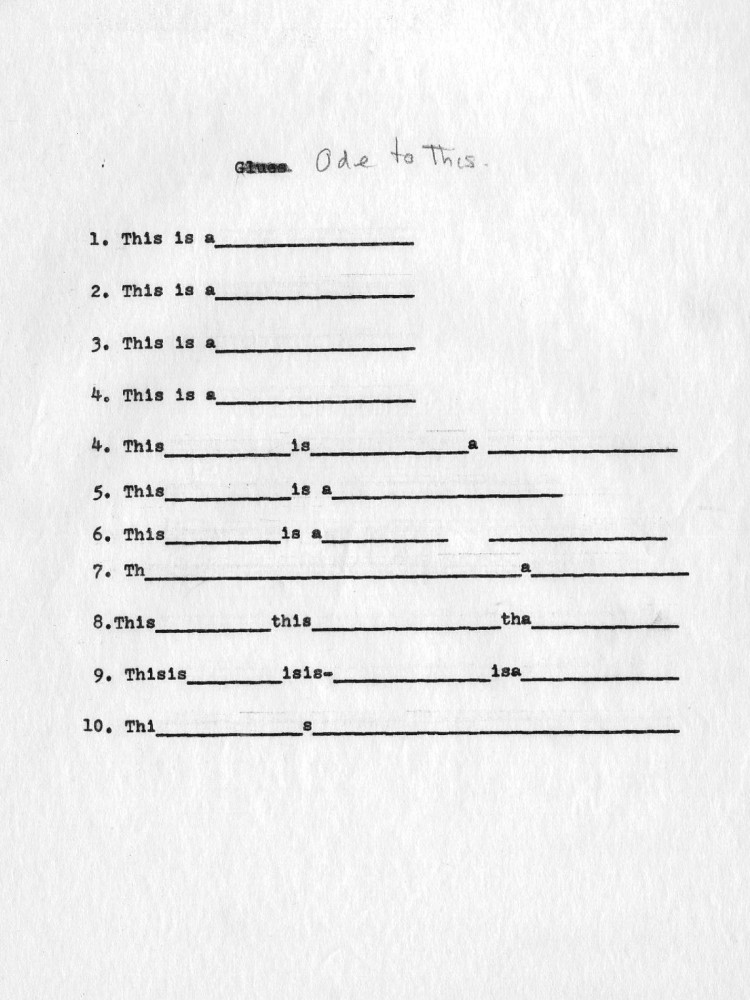
Excerpt from The Saddest Thing Is That I Have Had to Use Words: A Madeline Gins Reader (Siglio, 2020).
-

Excerpt from The Saddest Thing Is That I Have Had to Use Words: A Madeline Gins Reader (Siglio, 2020).
Though her style fluctuates, Gins’s keen interest in the embodied relationship between writing and reading remains constant throughout the collection. “In order to make the words move, you must give your attention to them,” she shares in WORD RAIN. That idea draws her into alignment with the Belgian literary critic Georges Poulet, whose text The Phenomenology of Reading was published, rather eerily, that same month and year. “There flows, from mind to mind, a current which has only to be followed,” counters Poulet, who dreamed of banishing the physical presence of the book to create a stream of consciousness between author and reader. But for Gins, words are nothing if not physical. It’s their physicality that protects them from perfect comprehension — in the scanned pages making up WORD RAIN, stray digits appear to block out words; in poems, words and lists are emphatically crossed out, smudged, erased. The inherent confusion of language is of course her tactic, for to reach full clarity is to resume gravity. And that’s why experiencing Gins’s writing in print — at long last — is so necessary. The Madeline Gins reader feels like how I imagine living in a Reversible Destiny house feels — like floating, like hovering, really, in a cloud of mist. While stuck inside your familiar four walls, lockdown is the perfect time to dive in.
Text by Alice Bucknell.
The Saddest Thing Is That I Have Had to Use Words: A Madeline Gins Reader, edited by Lucy Ives (Siglio, 2020).
Images courtesy Siglio and the Reversible Destiny Foundation.

